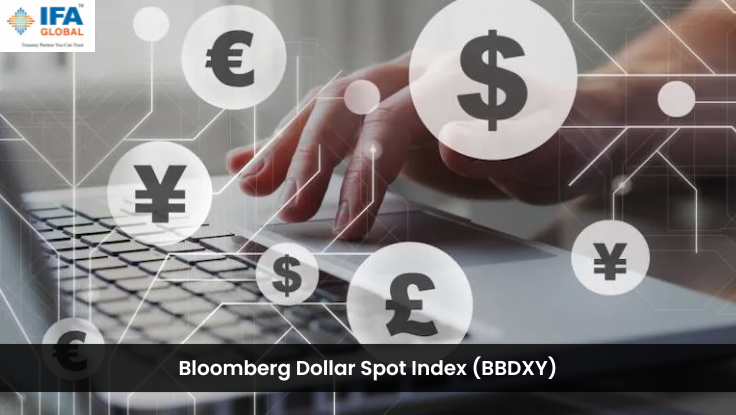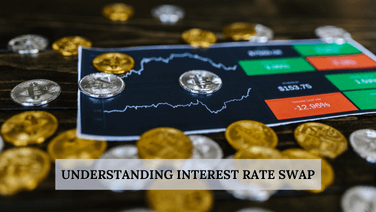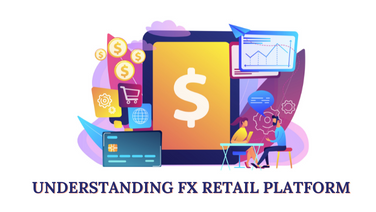What is a Non-Deliverable Forwards?
28 November 2017 | By IFA Global | Category - Financial Market Products and Strategies

Non-Deliverable Forwards
NDF (Non-Deliverable Forwards) is an OTC (Over The Counter) derivative market instrument for currencies unlike the Deliverable Forwards which expires only on the maturity date. The NDF market does not require physical delivery of the currency and is more like a futures market that trades on the stock exchange. Brazilian Real, Chinese Renminbi, Taiwanese Dollar, South Korean Won and Indian Rupee are among the prominent currencies which are traded in the NDF.
The NDF market is an offshore market where trading for a currency pair takes place outside the country of origin. For e.g. trading for the USD/INR pair takes place in Singapore, which is the hub for NDF markets. It is an unregulated market and is highly institutionalized with players comprising of global banks and hedge funds. The players are lured by the hefty arbitrage opportunity prevailing in the market. By entering into this market, they face less risk and their only task is to manage their taxes and fund flows.
How is NDF traded?
When an international company invests in India with the objective of taking out its money in six months, the company enters into an NDF contract with its bank. If on the fixing date, the rupee has weakened, the investor will collect the difference. If it's stronger, the investor will pay the bank the difference — again, in dollars.
USD/INR forwards account for 23% of total volume of the NDF market as of today. Volumes in the NDF market are even larger than those in the exchange-traded market. Globally, it is 10-20 times the volume in exchange-traded markets. According to a working paper titled ‘Offshore Markets for Domestic Currencies’, issued by Bank for International Settlements (BIS), out of an average daily turnover in INR of value $20.8 billion, close to $10.8 billion, i.e. more than 50 per cent, is transacted offshore.
Price Movements on the NDF
If the one-month dollar-rupee forward rate in India is 60 and the one-month forward in the NDF market is 60.20, an entity with an operation in India will buy forward here and sell forward offshore to gain 20 paisa. This pushes up the forward rate and almost simultaneously a large demand for forward dollar influences the spot exchange rate in the domestic market
How does the NDF market affect a domestic market?
The NDF market affects a domestic market largely on sentiment. The NDF market allows FIIs to punt on dollar-rupee as the arbitrage opportunities prevail. This increased activity adds to volatility in the domestic rupee market.
In recent times, the price movement in the NDF market was the major reason which pushed the spot rate higher in the domestic market. Even when the closing of the USD/INR was strong in the domestic market, the higher trading in the NDF market swayed the sentiments negatively thereby shaking up the spot in the domestic market next day morning.
The volatility in the NDF market affects both the spot and the forward market in India as there will be worries on FIIs pulling money out of the country.
Recent RBI circular on NDF
The speculative trading in the NDF market often tends to create volatility in the Indian spot market and has always miffed the RBI. Hence, the RBI had issued a circular on 25th April 2013 specifying that foreign entities/structures with equity participation of Indian firms offering financial products linked to the rupee (such as non-deliverable trades involving foreign currency, rupee exchange rates, stock indices linked to the Indian market, etc.) will have to take its approval. Their activities, if undertaken without the central bank’s approval, would be treated as violation of the Foreign Exchange Management Act (FEMA), the circular clarified.



